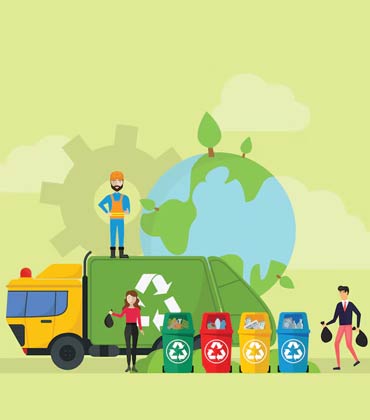THANK YOU FOR SUBSCRIBING
By Juliette Franklin, Director of Sustainability, Cal-Maine Foods
How Technology Can Impact Waste Management
By Enrique Leon, AI Enterprise Architect, American Sugar Refining Inc
Enhanced Precision Agriculture using Cloud Based AI
By Ruohan Liu, Senior Director, Global Operations, Agriculture Supply Innovation, PepsiCo
How Cloud Computing Impacts Precision Agriculture Technology
By Keira Lombardo, Chief Strategy Officer, Cal-Maine Foods Inc
Building Durable Growth in Food Systems

Automation in the Food and Beverage Sector
Ryan Davis, Manager, Automation Technology, General Mills

 Ryan Davis, Manager, Automation Technology, General Mills
Ryan Davis, Manager, Automation Technology, General MillsIndustry 4.0 technologies such as the internet of things, sensors, artificial intelligence, and big data analysis — enable continuous data collection and machine automation. These technologies, which have already allowed for increased efficiency and automated processes in other industries like manufacturing, are now being leveraged for wastewater treatment. This tech provides several benefits over the last generation of plant management systems as well as can remarkably improve many aspects of wastewater treatment.
Improved Access to Data
Wastewater treatment is generally a data-driven process. With legacy systems, workers are required to manually collect water data, which often means that analysts and plant administrators rarely have updated and comprehensive information.
Automated water systems are drmation.esigned on a vigorous data-collection devices network. These devices offer quick and continuous updates on water quality and also equipment function. Many automated water software platforms are also built with their own bleeding-edge analytics software — sometimes utilizing advanced technology like artificial intelligence and big data —in order to better store as well as analyze plant data.
Sometimes, administrators working on-site without these systems in place may find that their information is scattered, stored manually, and generally harder to access for analysis. Automated monitoring systems can solve this sort of issue by offering better visualization tools and data collection methods.
Reduced Plant Energy
The use of energy use is one of the most expensive costs at any wastewater treatment plant. However, upgrading traditional systems can lower these costs. On the other hand, they do not solve the problems posed by a lack of data about plant equipment as well as processes. Automated treatment systems can significantly minimize the total amount of energy and water treatment chemicals that a plant requires to use in daily operations.
Likewise, these automated systems can also decrease the amount of water that is lost during the treatment process, which can save plants and their operators' additional resources. Apart from that, automated systems can also reduce a plant's number of overflows by offering plant staff remote access to equipment and switches in the case of a flood.
Read Also















